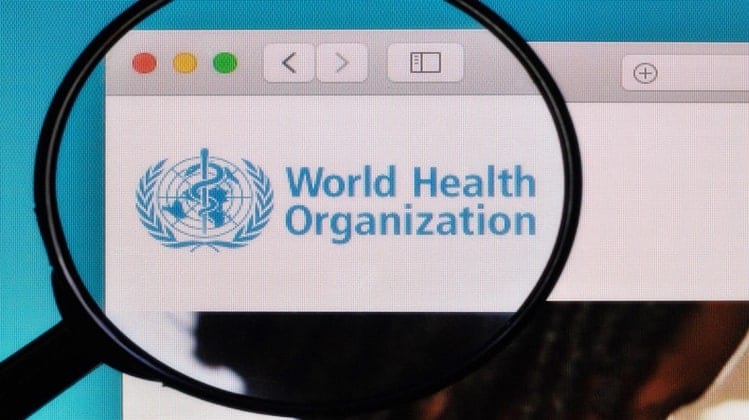WHO has been the first source of authentic information regarding Coronavirus, and hackers have been continuously seen, targeting it to breach. Many authorities and cybersecurity agencies have warned the UN body regarding potential attacks by nation-state backed hacking groups.
Further, even WHO has clarified that it witnessed a sharp rise in attacks on the WHO website and its employees. Many hackers are selling luring employees with phishing attacks to gain their passwords and to compromise the network further.

Doubled Security, But Still, Rise in Attacks
Usually, hackers flock around something critical for the economy. The ongoing pandemic has made at least one entity, the WHO, clearly essential for everyone. The World Health Organisation is the prime source for authentic information, and every other authority and media houses procure updates from WHO. So, targeting this body can garner significant results for hackers. And they’re happening steeply since mid-March.
Bernardo Mariano, chief information officer of WHO, said that it had received alerts from the UK, European Union, Switzerland, Israel, and companies like Microsoft about hackers performing cyberattacks on their systems. The WHO security team has never been so busy and even added five additional security teams for contest vigilance.
WHO teams in South Korea and staff at Geneva headquarters last week have Informed about tried perpetrations. Aside from groups, hackers are highly concentrating on high-profile people like WHO Director-General Tedros Adhanom Ghebreyesus, and Bruce Aylward, a senior WHO envoy who led a COVID-19 response team in China.
An incident on Monday came shocking that users of 4chan, an internet forum, began circulating over 2,000 passwords of WHO employees! But this was later verified that most of them we’re old and don’t have access to any sensitive parts of WHO. Yet, these were shared on Twitter and other social media platforms soon. Mariano assured that most of those passwords were obtained from other data breaches, where WHO employees have used them for additional sign-ups!
Via: Bloomberg



